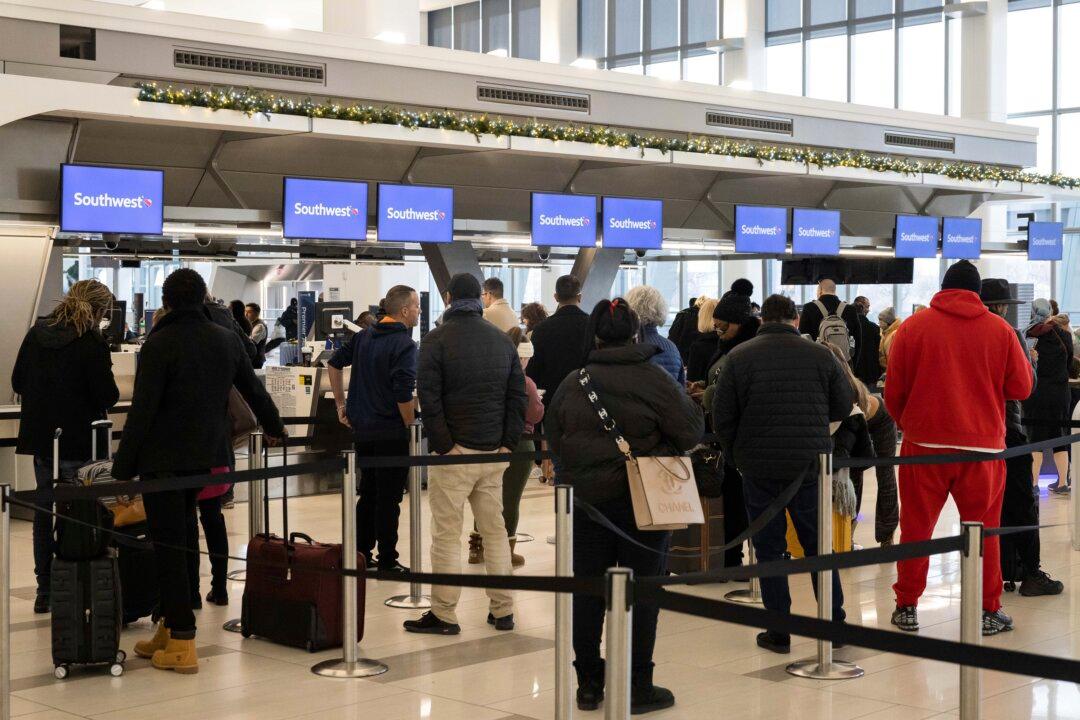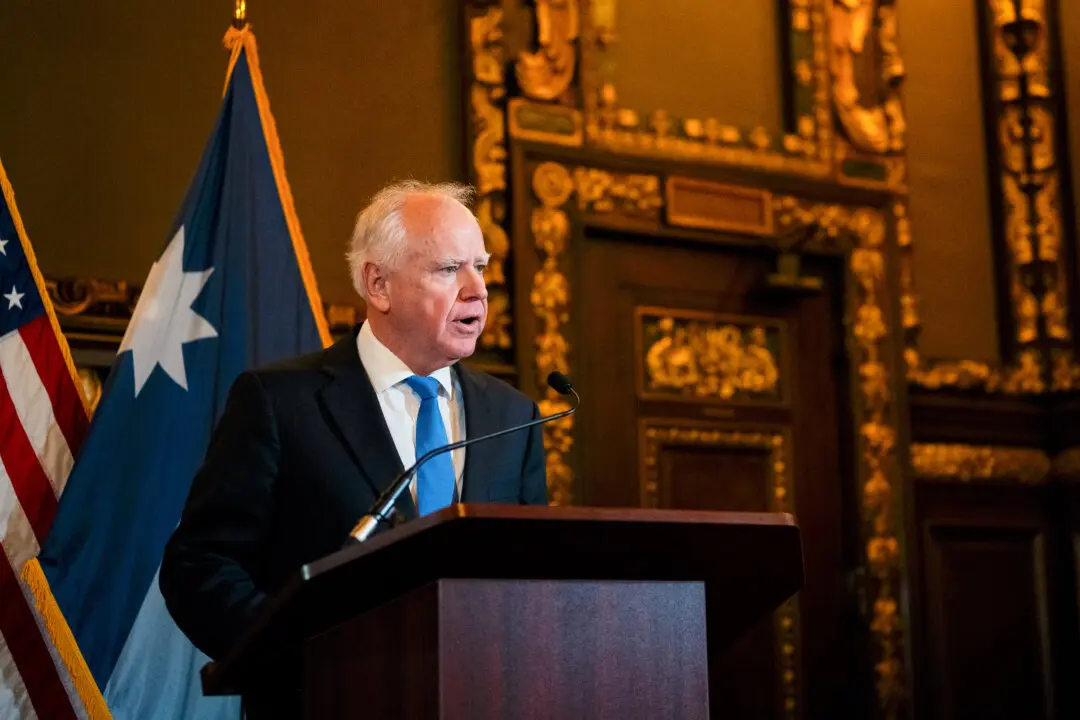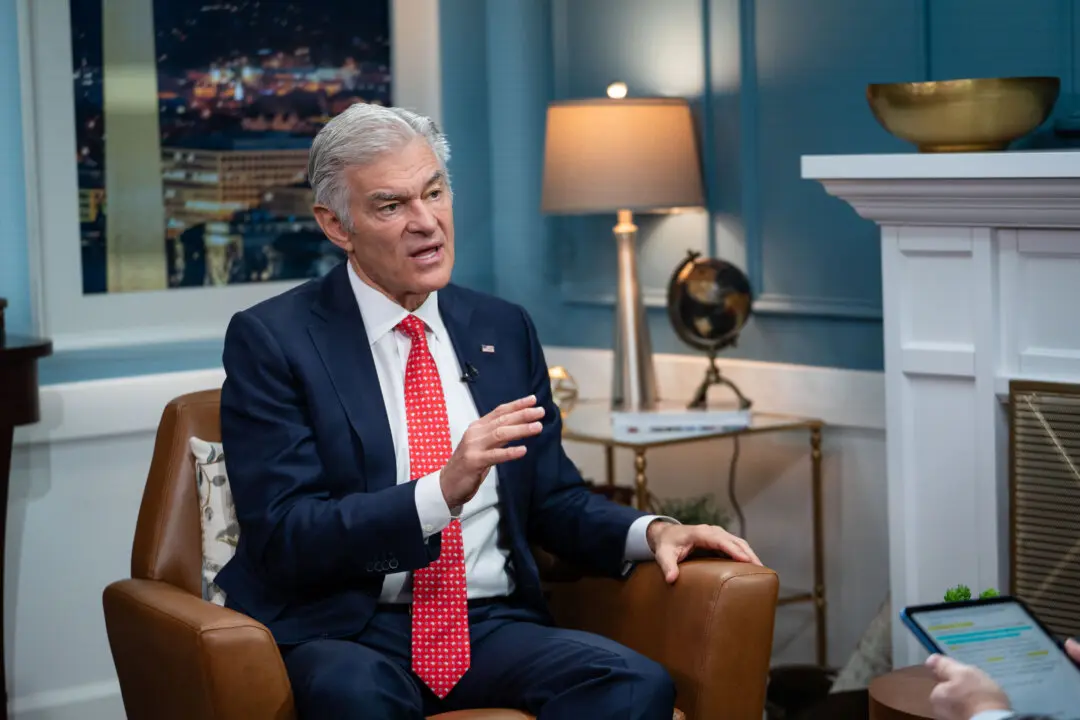A new proposed federal rule would require airlines to pay cash to customers for “controllable” delays or cancellations.
On May 8, President Joe Biden and Transportation Secretary Pete Buttigieg delivered remarks on “holding airlines accountable.” The rule is being touted as a historic step toward ensuring passengers are adequately compensated for airline-caused snafus. But an industry group points out that severe weather and air-traffic control outages have lately been responsible for the lion’s share of the problems.





